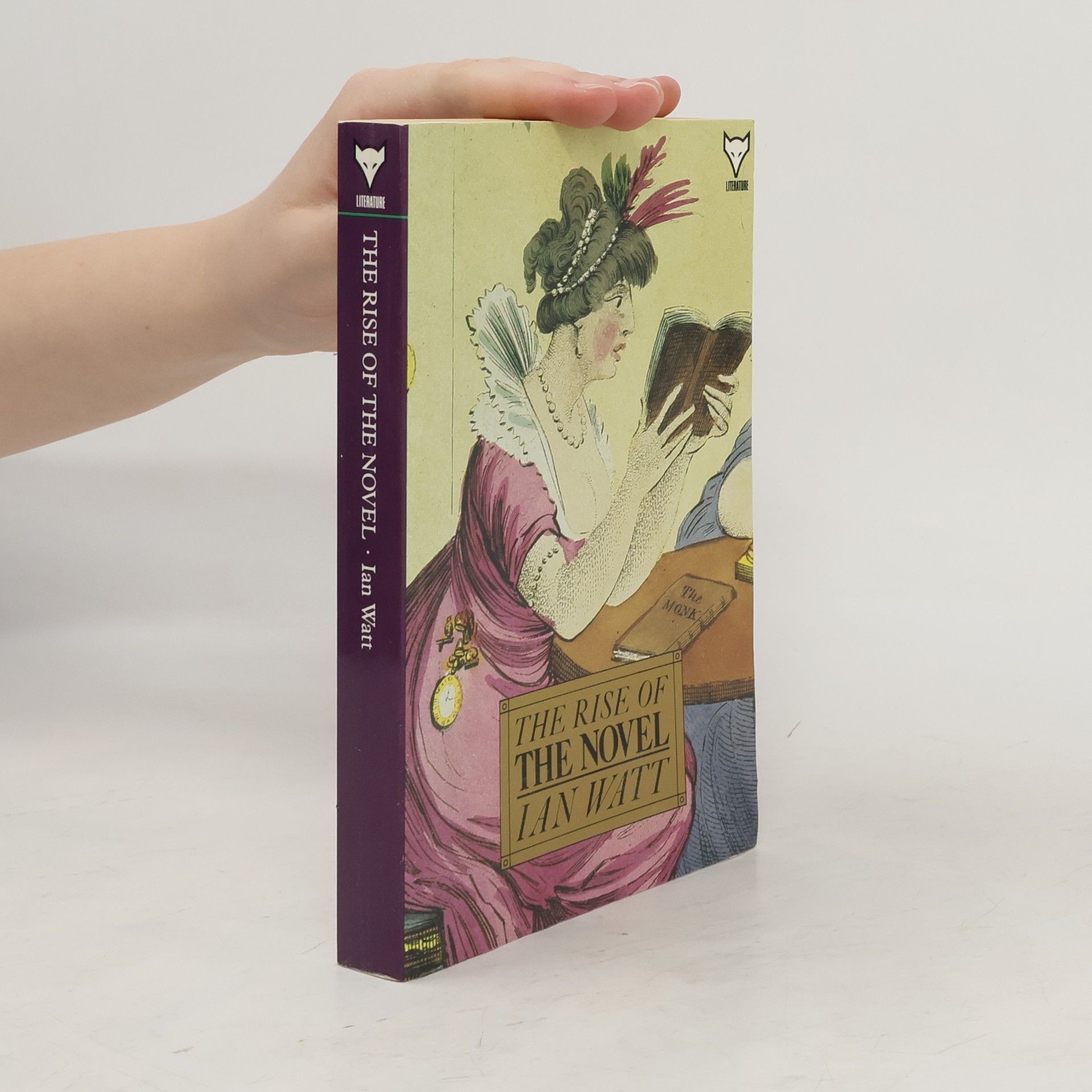Essays on Conrad
- 230 stránek
- 9 hodin čtení
A landmark collection of Ian Watt's essays on Joseph Conrad.
Ian Watt byl literární kritik a historik, který se zaměřil na genezi moderního románu. Jeho klíčové dílo zkoumá, jak filozofické, ekonomické a sociální trendy 18. století formovaly vznik nového literárního žánru. Watt analyzuje díla klíčových autorů, aby osvětlil vývoj realismu a jeho propojení s dobovými podmínkami. Jeho práce zůstává zásadním příspěvkem k pochopení historie a vývoje románu.






A landmark collection of Ian Watt's essays on Joseph Conrad.
The book explores the four major mythic figures of Faust, Don Juan, Don Quixote, and Robinson Crusoe, examining their origins and the impact they have had on modern literature and society. Through this analysis, Ian Watt highlights how these characters embody cultural ideals and conflicts, shaping narratives and themes that continue to resonate today. The study offers insights into the interplay between myth and reality, revealing the lasting significance of these figures in contemporary thought.
The book explores the evolution of individualism through the figures of Faust, Don Quixote, Don Juan, and Robinson Crusoe, highlighting their representations in the sixteenth to eighteenth centuries. Initially portrayed negatively—punished or mocked—these characters reflect societal repression of individualism. In contrast, the Romantic period reimagines them as heroic. Crusoe symbolizes a shift in attitudes, embodying new religious and social values. The analysis reveals themes of solitude, narcissism, and the tension between self and society, emphasizing the characters' self-centeredness and their relationships with devoted male servants.
"The Rise of the Novel is Ian Watt's classic description of the interworkings of social conditions, changing attitudes, and literary practices during the period when the novel emerged as the dominant literary form of the individualist era. Erudite, yet gracefully written and often amusing, Watt's study examines the nature of the novel audience, the role of the book trade, and the changing structure of society at large."--BOOK JACKET.